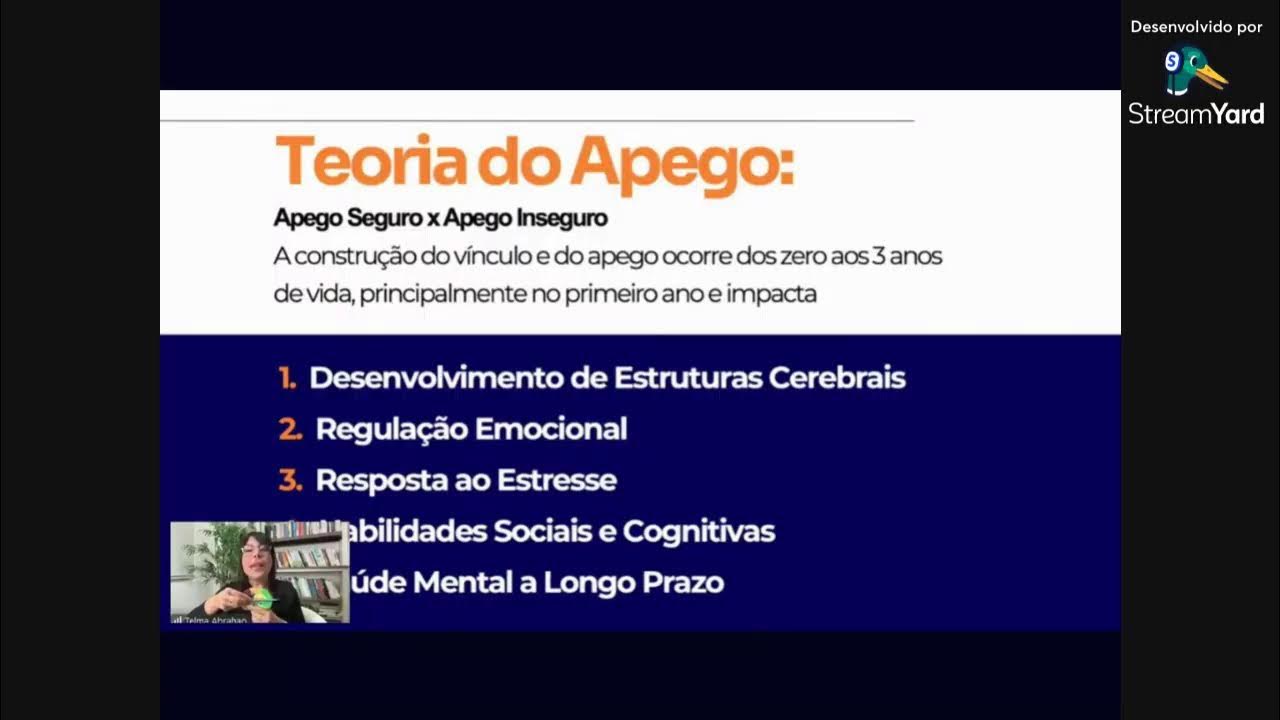Suzuki Method VIDEO GUIDANCE No.2_1 of 3
Summary
TLDRThe Suzuki Method emphasizes nurturing a child's enthusiasm for learning music, particularly the violin. It focuses on creating a positive home practice environment, encouraging the role of parents in making practice fun. Weekly lessons, group sessions, recitals, and a unique graduation system motivate students to improve. Peer influence, mentorship, and orchestral experiences further boost engagement. The method also includes summer camps, where children are inspired by their peers, creating a cycle of continuous improvement and excitement. Through these strategies, the Suzuki Method fosters a love for music and the desire to practice and perform.
Takeaways
- 😀 The Suzuki Method emphasizes developing a child's desire and enthusiasm to practice, which is key to successful learning.
- 😀 A positive home environment, created by the mother, is crucial for nurturing a child's desire to practice and enjoy music.
- 😀 Using audio recordings of lessons allows students to practice at home with the teacher's guidance, making home practice more effective and enjoyable.
- 😀 Duet playing with the teacher's recordings encourages students to practice with fun and motivation, leading to greater engagement with their music.
- 😀 Regular lessons with positive reinforcement, rather than punishment, help students stay motivated and focused on improvement.
- 😀 Group lessons provide a social and collaborative environment, where students can play together, increasing their enjoyment and desire to participate.
- 😀 Public performance opportunities, such as 'Monday Concerts', give students a chance to showcase their progress, building confidence and excitement for music.
- 😀 The graduation system, with clear milestones and certificates, motivates students to achieve specific goals and celebrate their progress.
- 😀 Annual large-scale events like the All-Japan Convention provide students with the opportunity to perform on a grand stage, fueling their enthusiasm.
- 😀 Summer training sessions help reinvigorate students by exposing them to more advanced peers and providing intensive practice, further strengthening their desire to play.
Q & A
What is the main focus of the Suzuki Method in terms of student development?
-The main focus of the Suzuki Method is to foster a child's enthusiasm and desire for practicing music. It emphasizes creating an environment that supports and nurtures this enthusiasm, as losing desire to practice leads to failure in learning.
How does the home environment influence a student’s progress in the Suzuki Method?
-The home environment plays a crucial role in a student's progress, as practice is primarily done at home. The method encourages parents, especially mothers, to create a positive, supportive atmosphere that makes practicing enjoyable, rather than stressful.
What role do audio tapes play in the Suzuki Method?
-Audio tapes are used to record lessons, providing students with ongoing guidance at home. Students can listen to the teacher’s instructions and play along, which helps reinforce learning and allows them to practice consistently throughout the week.
How do group lessons contribute to a student’s motivation in the Suzuki Method?
-Group lessons foster a sense of community and teamwork, where students play together according to their ability. This encourages them to improve in a fun, social setting and provides additional motivation through group interaction and friendly competition.
Why are performances and concerts important in the Suzuki Method?
-Performances and concerts provide students with opportunities to showcase their progress and gain confidence. The audience’s applause and recognition create positive reinforcement, making practice more rewarding and motivating for students.
What is the purpose of the Suzuki Method's graduation system?
-The graduation system provides structured milestones that students must achieve, which helps them track their progress. It motivates students to master specific pieces and provides them with a sense of accomplishment when they graduate to the next level.
How does the Suzuki Method encourage practice and mastery through the graduation system?
-The graduation system encourages students to focus on mastering specific pieces before advancing. Students record their performances and send them to their teachers for evaluation. This system helps maintain motivation by setting clear goals and rewarding progress.
How do summer sessions contribute to building a student's enthusiasm for music?
-Summer sessions provide a chance for students to practice and perform with other children, creating a stimulating environment. These sessions help re-energize students, especially those who may have lost interest, by allowing them to play with more advanced students and feel the excitement of group practice.
What is the significance of forming a little orchestra of young beginners in the Suzuki Method?
-Forming a little orchestra allows young beginners to collaborate and perform together. This experience helps them develop both technical skills and a sense of musical community, contributing to their desire to continue learning and practicing.
How does the Suzuki Method ensure that students remain engaged and motivated to practice?
-The Suzuki Method ensures engagement and motivation through various techniques, including making practice fun, using recordings, providing opportunities for group lessons and performances, implementing the graduation system, and organizing events like summer sessions and concerts.
Outlines

This section is available to paid users only. Please upgrade to access this part.
Upgrade NowMindmap

This section is available to paid users only. Please upgrade to access this part.
Upgrade NowKeywords

This section is available to paid users only. Please upgrade to access this part.
Upgrade NowHighlights

This section is available to paid users only. Please upgrade to access this part.
Upgrade NowTranscripts

This section is available to paid users only. Please upgrade to access this part.
Upgrade Now5.0 / 5 (0 votes)





